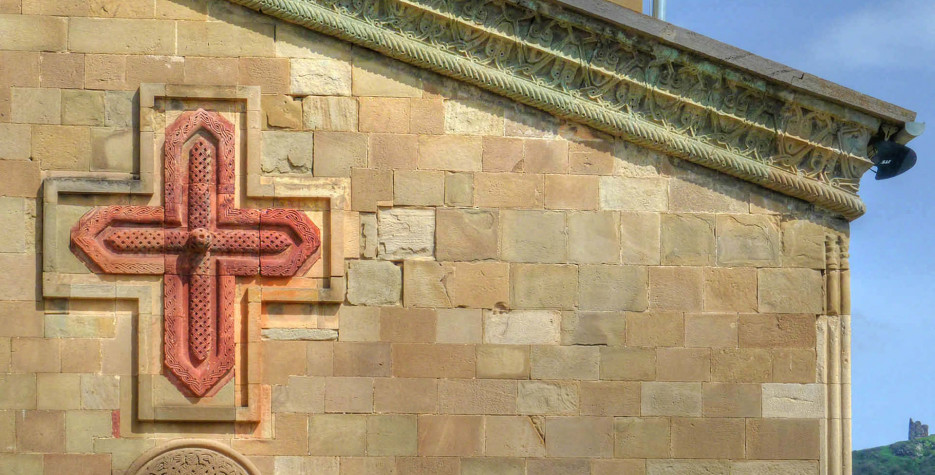When is the Day of Svetitskhoveli?
The Day of Svetitskhoveli is a public holiday in Georgia observed on October 14th each year.
This holiday celebrates the first Christian church in Georgia, which was built during the 4th century.
History of the Day of Svetitskhoveli
When we think of the rise of the early Christian church, Rome seems to be the focus of attention, but the new religion was also taking root a bit further east. Indeed, Armenia was the first country in the world to adopt Christianity as a state religion in 301 AD at a time when the Romans were increasing their persecutions of Christians under Emperor Diocletian. Armenia's conversion was closely followed by Georgia which proclaimed Christianity as the official religion in 337AD. Georgia made its proclamation at Mtskheta, the ancient capital of Kartli, the East Georgian Kingdom.
Mtskheta was also where the first Christian church in the country was founded. The location is said to have been chosen by Saint Nino, a relative of Saint George and a woman who converted the king and queen of Georgia to Christianity.
According to tradition, the holy shirt of Jesus is buried under the church. Elias, a Jew from Mtskheta was in Jerusalem when Jesus was crucified. The story is that Elias bought the robe of Jesus from a Roman soldier and brought it back to Georgia. When his sister touched the robe. She was immediately overcome with emotion and died. The robe couldn't be taken from her grasp, so they buried her and the robe in the church.
Svetitskhoveli translates to "the Living Pillar". This name is due to a miracle that Saint Nino performed on pillars that were hewn from a cedar that grew on the location of the buried robe.
The original church was rebuilt in the 5th century and the current structure was completed in the 11th century.
Svetitskhoveli Cathedral is the second largest church in the country and was inscribed on UNESCO's list of World Heritage Sites in 1994.
On October 14th, the Georgian Orthodox Church also celebrates the day of King Mirian and Queen Nana, the monarchs who Saint Nino converted to Christianity.


